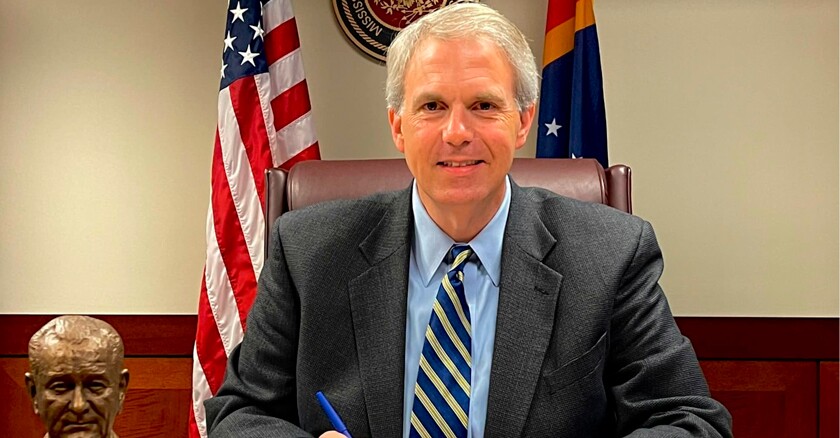The argument behind the effort is simple and eloquent in its recognition of history. In 1934, the electric cooperative model was born in Mississippi to bring electricity to rural homes. Why not use that same model to bring broadband to people living in the countryside?
As documented in The Clarion-Ledger, after 1,310 individuals formed a 33-county task force and after 60 county boards and 70 city councils passed resolutions, then-Gov. Phil Bryant signed the 2019 Broadband Enabling Act, which allows cooperatives to provide broadband — but only if the cooperatives offer it to all of their customers.
Three years later, thanks in part to federal funding, the majority of the 25 electric cooperatives in Mississippi are building fiber to the home for everyone they serve. Presley said that within another year, the state will likely see a “significant number” of these fiber build-outs completed.
“Once this legislation was signed in 2019, what you saw immediately was an absolute explosion of broadband activity,” he said. “Every one of our projects is ahead of schedule and below budget.”
Ironically enough, Presley belongs to one of those town households that the fiber hasn’t reached yet. He looks forward to purchasing a broadband package that will ultimately benefit his community, rather than a company’s bottom line. It’s something he calls “the most American way of doing things”: neighbor helping neighbor.
“When Tombigbee [Electric Power Association] comes by my house, I will save $36 and triple my download speed, and my upload speed will go up by 20 times,” Presley shared. “And every dollar I will spend with Tombigbee stays in my community, stays local.”









